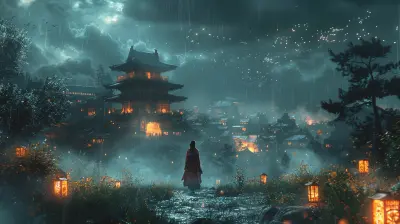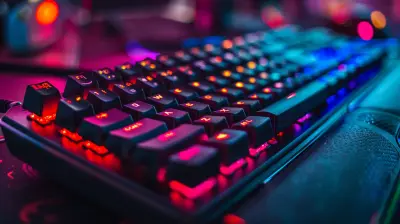How Video Game Voice Actors Can Become Fan Favorites
3 June 2025
Voice acting in video games has transformed into an art form, becoming just as impactful as engaging gameplay, stunning graphics, or intricate storylines. But what turns a voice actor into a fan favorite? In a world where players forge emotional connections with characters, it’s the voice that often breathes life into a pixelated avatar. Let’s dive into what makes video game voice actors shine, connect, and win the hearts of fans worldwide.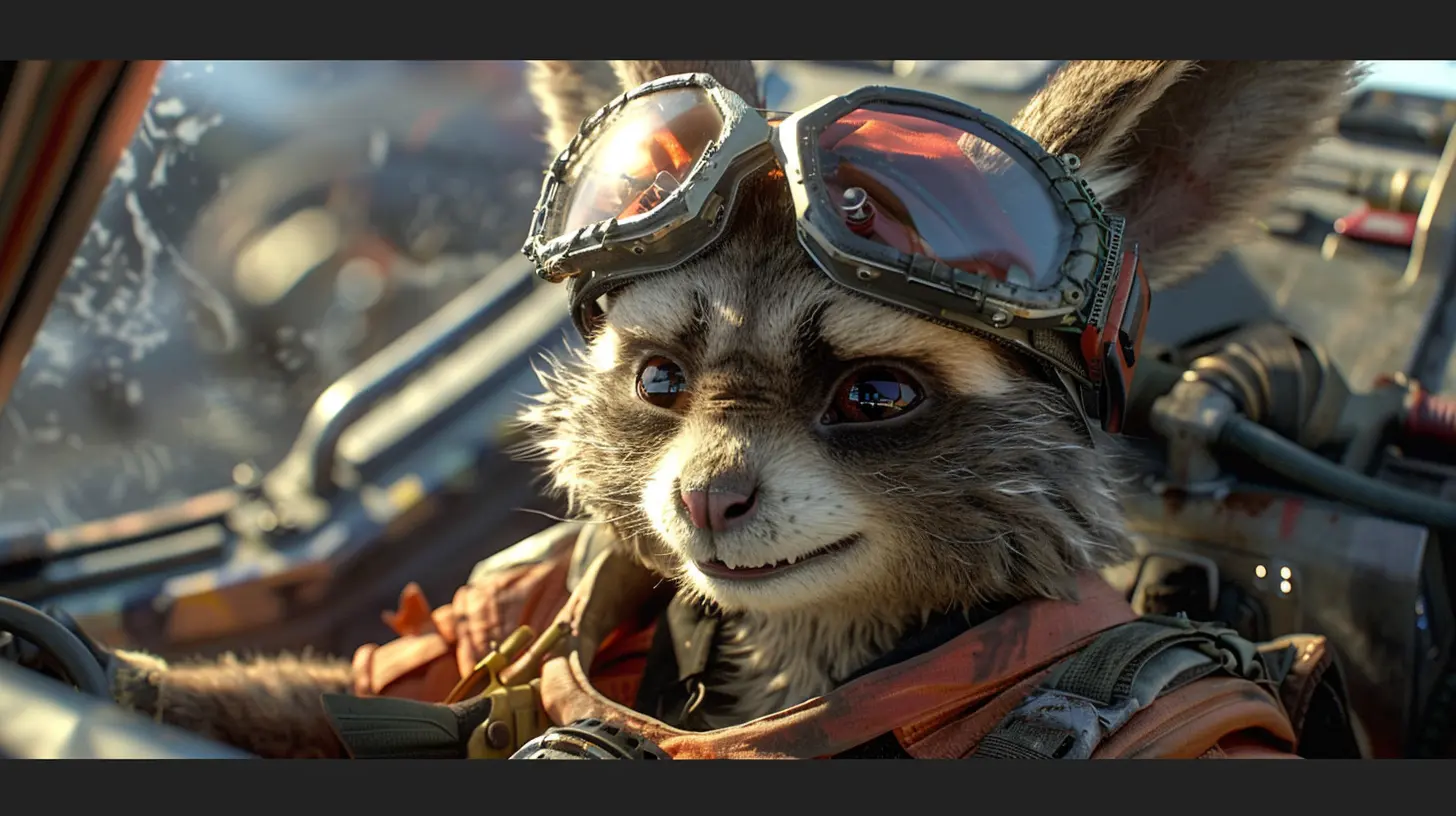
The Rise of Voice Acting in Games
Gone are the days of pixelated sprites with dialogue displayed as on-screen text. Video games today are immersive experiences, with cinematic cutscenes, emotionally resonant storytelling, and lifelike animation. This shift has catapulted voice acting into the spotlight.The evolution isn't surprising—players demand more than just pressing buttons. They want to feel. They want to fall in love with characters, root for them, laugh with them, or even cry alongside them. Voice actors are tasked with delivering these powerful emotions, making the characters more than just avatars. Think about it: Would Kratos from God of War have the same gravitas without Christopher Judge’s commanding voice? Probably not.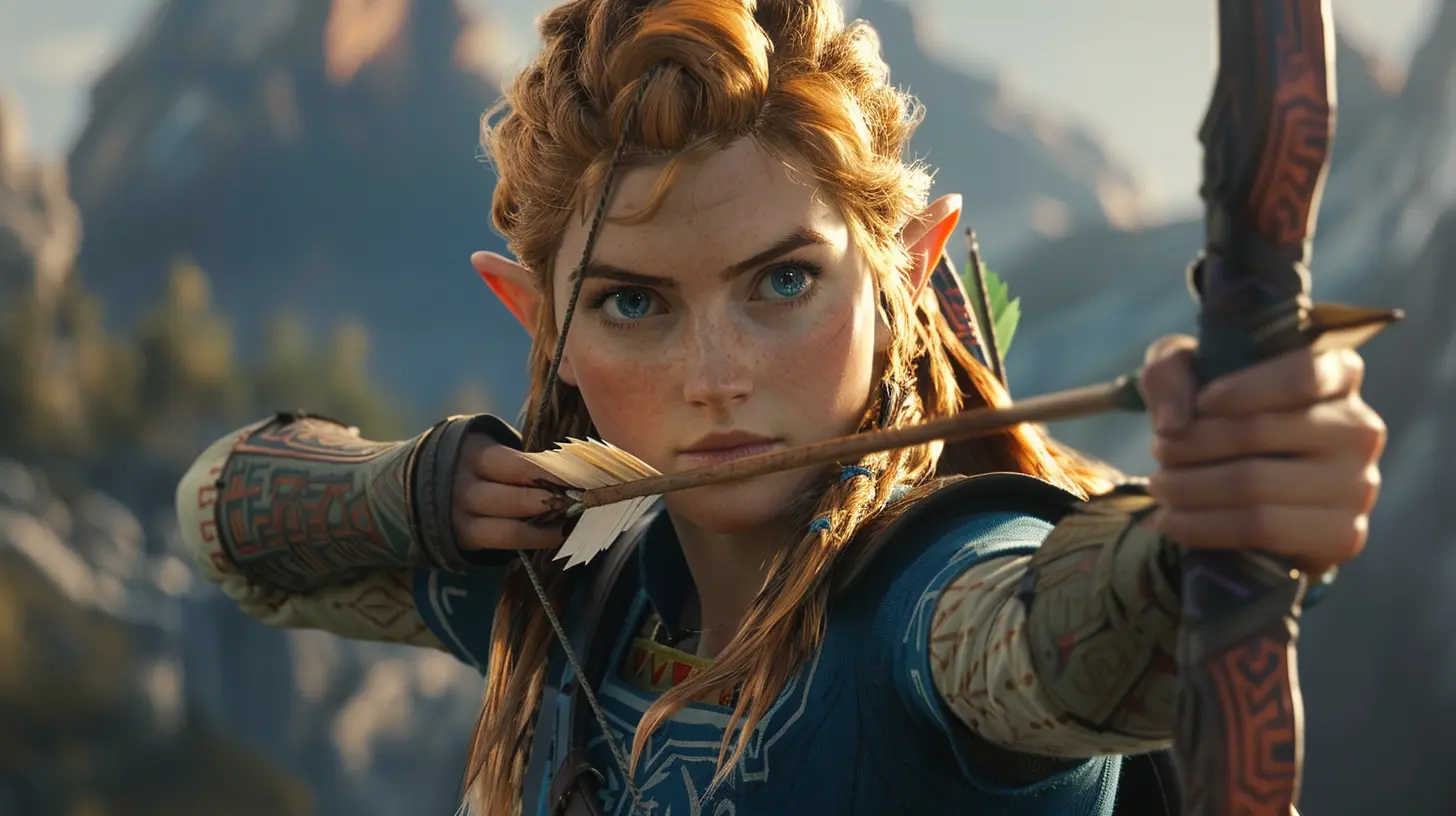
Why Fans Fall in Love with Voice Actors
So, what’s the secret sauce? Why do some video game voice actors manage to become absolute stars while others fade into the background? It boils down to a few key factors.1. Authenticity is King
Players can sniff out a fake faster than you can say, "Game Over." Voice actors who "get" their characters, who truly embody the spirit of the role, are the ones who resonate with fans. Authenticity is about more than delivering lines—it’s about feeling the lines. When Nolan North voices Nathan Drake in Uncharted, you believe every smirk, every grunt, and every heartfelt plea.2. Versatility in Performance
Being a one-trick pony won’t get you far in this industry. The fan-favorite voice actors are versatile, switching effortlessly between different tones, accents, and even emotional ranges. For example, Tara Strong has mastered this art, with her voice spanning everything from the chaotic Harley Quinn in Batman: Arkham City to the adorable Twilight Sparkle.3. Memorable Catchphrases
Fans love something they can latch onto, like a quirky catchphrase or a distinctive delivery. Think of Steve Downes, the voice of Master Chief from Halo. His iconic line, “I need a weapon,” is simple, yes, but the gravitas with which it’s delivered makes it unforgettable. These small, repeated moments often become the glue in a player’s emotional bond with a character.4. Emotional Depth
The best voice actors peel back layers of their characters. They bring depth to performances, making fans feel like they’re not just playing as the character but truly experiencing their story. Jennifer Hale’s work as Commander Shepard in Mass Effect demonstrates this perfectly. Her ability to portray a wide spectrum of emotions—from commanding authority to existential doubt—cements her as a fan favorite.
The Role of Fandom Culture
Fan culture plays a massive role in lifting voice actors into the limelight. Thanks to social media, conventions, and streaming platforms, fans now have unprecedented access to their favorite voice actors. Interactions on Twitter or Instagram allow voice actors to connect directly with their audiences, further solidifying the bond.For instance, voice actor Roger Craig Smith’s humorous and down-to-earth Twitter antics have only added to his popularity as the voice behind iconic characters like Sonic the Hedgehog and Ezio Auditore from Assassin’s Creed. Fans don't just love the characters he portrays—they love him.
Cultivating these relationships goes beyond signing autographs at events or sending out the occasional tweet. Voice actors who actively engage with communities—whether in Reddit AMAs or through Twitch streams—often enjoy a deeper and more lasting connection with their fans.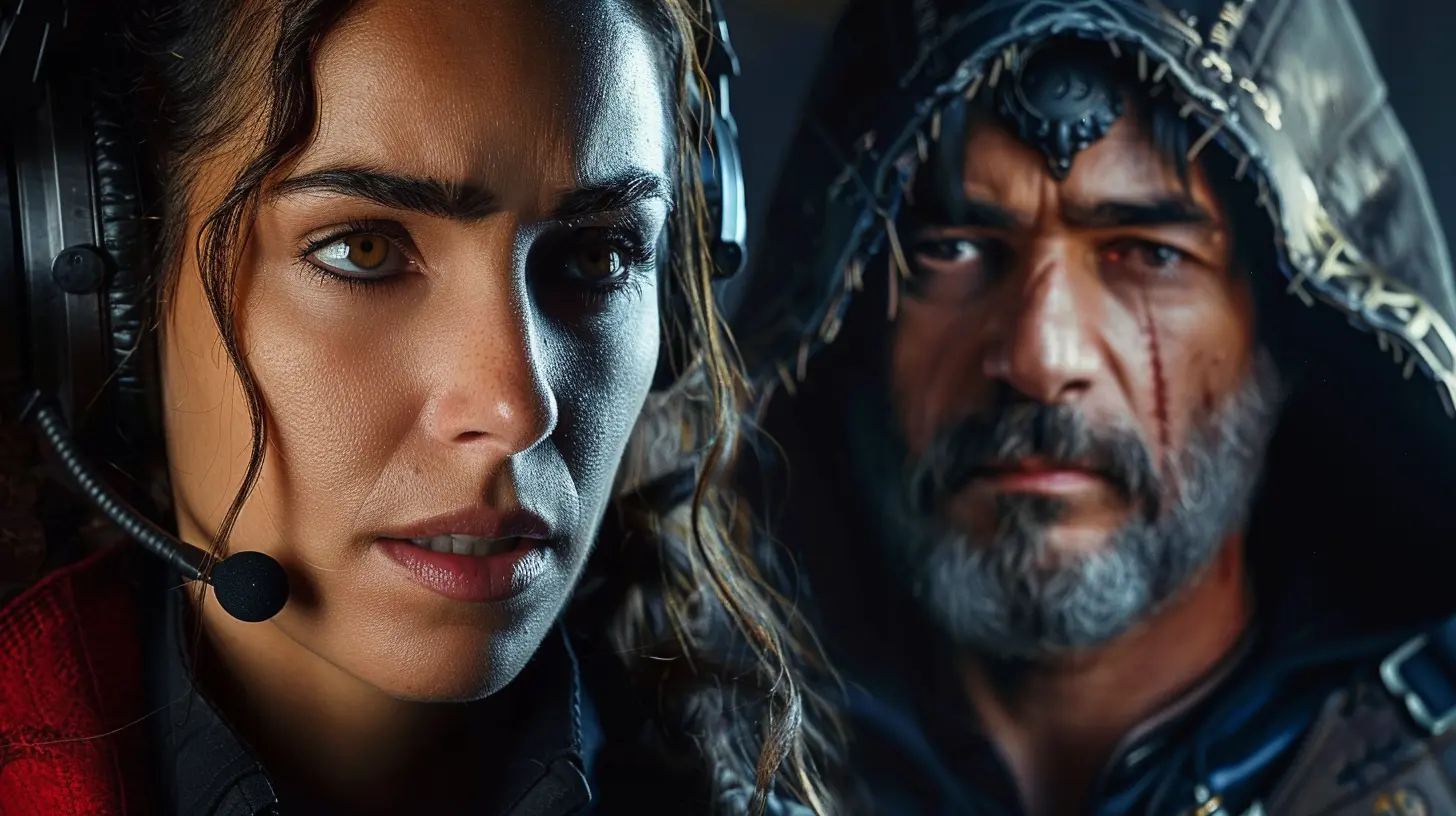
The Importance of Collaboration
Great voice acting doesn’t happen in a vacuum. A voice actor’s performance is heavily influenced by the collaboration between directors, writers, animators, and sound engineers. It's like baking a cake—you need all the right ingredients, and if one’s missing, the end product falls flat.Directors help guide performances, ensuring actors understand the emotional beats of a scene. Writers craft dialogue that feels natural, realistic, and emotive. Even sound engineers contribute by adjusting audio levels so that every word hits home.
Voice actors who thrive in collaborative environments often deliver standout performances, largely because they understand and embrace this teamwork. They know that their voice is one part of a larger puzzle—and they strive to make sure their piece fits perfectly.
How Upcoming Voice Actors Can Break Through
While it’s easy to celebrate established stars, let’s not forget about the underdogs. So, how can up-and-coming voice actors start carving a path to fan-favorite status? Here are a few tips:1. Invest in Training
Let’s face it: Raw talent isn’t enough. Whether it’s through workshops, voice coaching, or learning dialects, great voice actors are always honing their craft. Top-tier training can be the difference between sounding like a stock NPC and delivering an award-worthy performance.2. Build a Strong Portfolio
Want to stand out? Build a portfolio that showcases range. Aspiring voice actors should create demo reels with samples of various tones, accents, and genres. Casting directors should feel like they’re hearing a one-person ensemble.3. Network like a Pro
The video game industry is a small world. Building relationships with directors, writers, and other voice actors can open doors—sometimes faster than sheer talent alone. Attending industry conventions and joining online communities can make a world of difference.4. Be Active on Social Media
We mentioned earlier how fan culture elevates voice actors. Having a social media presence not only allows actors to interact with fans but also positions them as approachable and relatable.Fan-Favorite Voices That Changed the Industry
There are several iconic performers who’ve cemented their place as fan favorites. Here’s a quick shoutout to a few legends:- Ashly Burch (Life is Strange, Horizon Zero Dawn): Known for her genuine, heartfelt delivery.
- Troy Baker (The Last of Us, Bioshock Infinite): A master of emotional storytelling.
- Mark Hamill (Batman: Arkham series): His chilling portrayal of the Joker is the stuff of legend.
- Charles Martinet (Super Mario): Who can forget the joy of “It’s-a me, Mario!”?
Each of these actors brought their own flavor to their performances, making them irreplaceable in their roles.
The Legacy of Voice Acting in Gaming
Voice acting is no longer just a nice-to-have feature in video games; it’s a necessity. It elevates characters and stories to new heights, enriching the player’s experience in ways that graphics or gameplay alone cannot achieve. Fan-favorite voice actors leave behind a legacy, turning one-time performances into timeless treasures.With the continued growth of the gaming industry, the demand for skilled and charismatic voice actors will only increase. For those who can nail authenticity, versatility, and connection, the sky’s the limit. Who knows? The next fan-favorite voice actor might just be one game away from stealing the spotlight.
all images in this post were generated using AI tools
Category:
Voice Acting In GamesAuthor:

Whitman Adams
Discussion
rate this article
3 comments
Patricia Long
Fascinating topic! I'm curious how specific vocal techniques or character personalities contribute to a voice actor’s popularity. Are there standout examples of actors who’ve uniquely connected with fans?
June 17, 2025 at 3:52 PM

Whitman Adams
Absolutely! Vocal techniques like unique character inflections and emotional range help voice actors resonate with fans. Standout examples include Nolan North, known for his charismatic portrayal of Nathan Drake in "Uncharted," and Laura Bailey, whose performance as Jodie Holmes in "Beyond: Two Souls" captivated audiences, showcasing the power of personality in voice acting.
Mackenzie Wood
Voice magic turns characters into beloved legends! 🎮✨
June 14, 2025 at 3:28 PM

Whitman Adams
Absolutely! Voice actors bring characters to life, making them unforgettable legends in gaming. 🎮✨
Esme Carter
Voice actors are the unsung heroes of gaming, breathing life into characters and shaping narratives. Their unique charisma and talent forge unforgettable connections with players. Embrace their artistry and recognize that a powerful voice can elevate any game to legendary status.
June 9, 2025 at 4:54 AM

Whitman Adams
Absolutely! Voice actors play a crucial role in bringing characters to life, and their incredible talent truly enhances the gaming experience, making them integral to a game's success.


